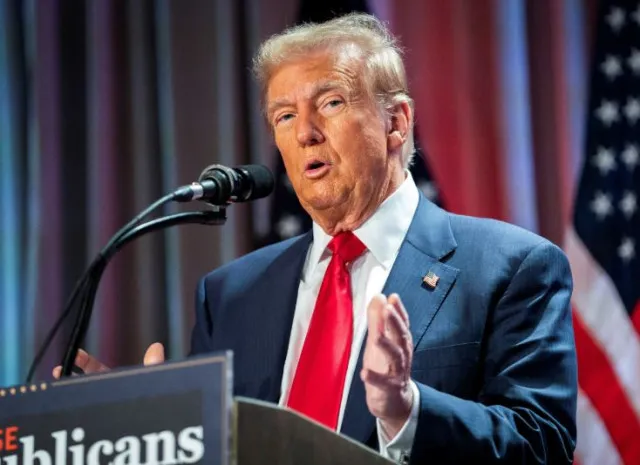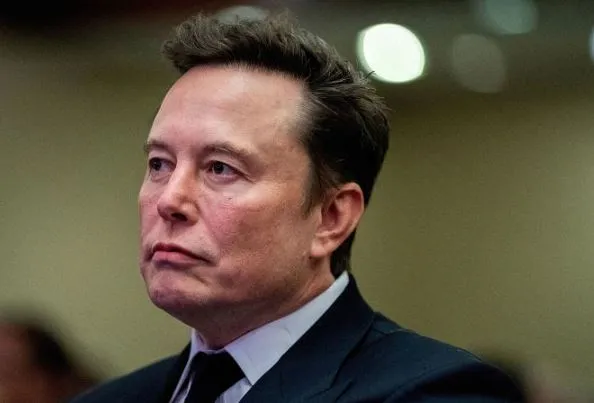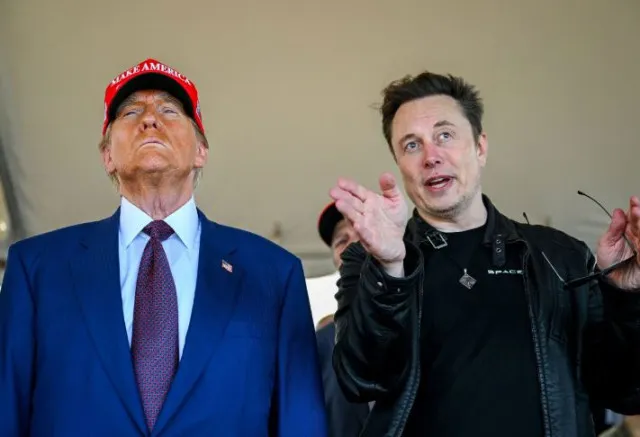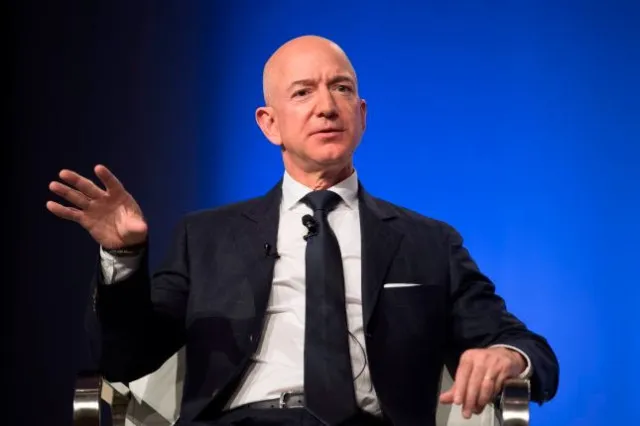Donald Trump’s policies are already affecting Elon Musk, Tesla, and Jeff Bezos’ investments in significant ways.
Trump’s executive orders reshape the EV market
Just days into his presidency, Donald Trump has introduced policies that are already impacting the electric vehicle (EV) industry.

High-profile figures like Elon Musk and Jeff Bezos are feeling the effects. On January 20, Trump rolled back key EV policies established by Joe Biden.
Biden’s EV policies are reversed
One of Biden’s significant policies required EVs to make up 50% of new car sales by 2030.
Trump revoked this order, shifting the industry’s trajectory.
Additionally, federal tax credits for EV purchases were also eliminated.
These credits previously offered up to $7,500 for new EVs and $4,000 for used ones.
Tesla faces immediate effects

Tesla, led by Elon Musk, experienced a notable market reaction. On Tuesday, Tesla shares dropped by up to 3%. Investor confidence wavered after Trump’s policy announcements.
However, Musk remained optimistic. In a previous statement to analysts, he said ending subsidies might only have a “slight” impact on Tesla.
Musk noted that competitors would likely suffer more, while Tesla’s long-term focus on autonomy could still secure its success.

According to Yahoo! Finance, he shared with analysts back in July:
“I guess that there would be, like, some impact, but I think it would be devastating for our competitors and for Tesla slightly.
“But long term probably actually helps Tesla, would be my guess, yes … the value of Tesla overwhelmingly is autonomy.”
Trump’s connection to Musk through government advisory
Interestingly, Musk is part of Trump’s Department of Government Efficiency (DOGE).
This group advises the administration on reducing federal spending, signaling Musk’s involvement in broader policy discussions.
Rivian and Amazon’s investments feel the strain

Jeff Bezos, through Amazon, is a major investor in Rivian, an EV startup and Tesla competitor.
Rivian’s shares also saw declines following Trump’s announcements.
Amazon reportedly owns a 15% stake in Rivian, which has faced challenges, including supply chain disruptions and high-interest rates.
Despite these hurdles, Rivian recently secured a $6.6 billion loan from Biden’s administration to accelerate its growth.
Future challenges and opportunities for EVs
Analysts believe Rivian’s production could rebound over the next three years.
The company plans to launch a more affordable R2 SUV in 2026 and two premium RV models by 2027.
However, Trump’s rollback of EV-friendly policies could hinder growth across the industry.
Donald Trump’s presidency has already brought significant changes to the EV market.
High-profile figures like Elon Musk and Jeff Bezos must navigate a shifting landscape.
As federal support wanes, the future of EVs depends on innovation and resilience in this rapidly evolving industry.